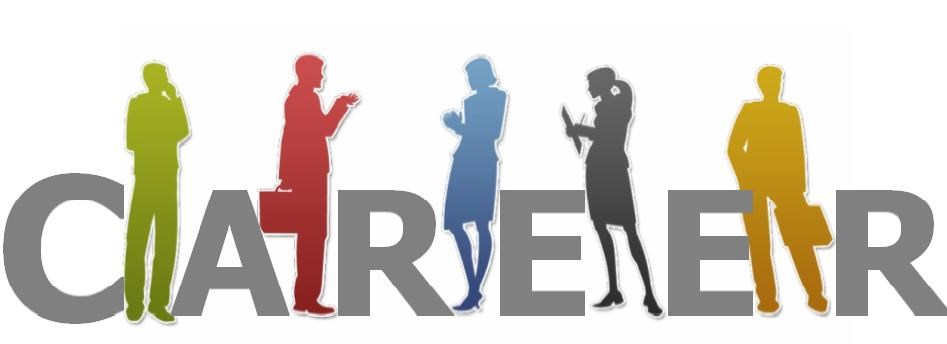
Being your friendly neighborhood certified professional resume writer, I'm going to let you in on a little-known secret.
Lean in close Wait for it
There is no one right way to write a resume. If you ask 10 recruiters and human resources managers you'll get 10 different philosophies. Now before you panic and rake your laptop to the ground, let me explain. Resumes are like most writing; they're a personal projection of how you view things. It's all relative.
Now don't misunderstand me. While this point may be true, if you're out here in these job market streets, you need to make a concerted effort to project yourself in a way that your prospective employer not only likes, but one that let's them know that you can not only get the job done, but do it well. Oh, and did I mention you have all of about 6 seconds to make this happen before Joe Shmoe hiring manager get's bored and tosses your little master piece in the nearest trash bin?
Well now that we've cleared that up, let's get down to business. Here are four best practice answers to a handful of your favorite resume writing questions.
Question #1: One-page Resumes vs. Multi-pagers
If I had a nickel for how many times I get asked this well let's put it this way I would no longer be slinging resumes or need one at all for that matter. I digress.
Honestly, the HR peanut gallery may never agree on this debate, but there's one answer that most can live with. What's most important is the content of the resume. If you venture on to two (or three for those brave hearts) pages you better have something to talk about. Hiring mangers want to know what you can do for them and they want proof. The best way to make this happen is to think "I did this, which resulted in this" or "I did this by doing this, this, and this". Give up the goods or don't bother. Nobody likes a tease.
Question #2: Creative vs. Traditional Resumes
I'm sure you've heard of or seen jobseekers using some kind of artsy-fartsy resume using videos, a faux Amazon.com ad, or origami. But does this kind of madness really work?
These works of art will certainly help distinguish yourself from the cookie-cutter resume stack, particularly if you're applying to a startup or creative company that clearly values design or interactive skills. Though, the majority of the time, hiring managers don't have a ton of extra time on their hands for any games and would rather just deal with the tried and true 8.5x11" resume. Creative resumes can be a huge gamble; one wrong move and your masterpiece can end up in the digital trash bin. Do not pass go, do not collect job offer. Know your audience, if your prospective company has a history of being in to this type of thing, go for it.
However, if you're applying for an accounting position, you might want to keep it simple. At the end of the day your skills and achievements are what matter most, so make sure that whatever format you choose highlights those competencies rather than overshadowing them. A well-organized and written resume will trump a special-sauce creation any day.
Question #3: Sharing Personal Interests
Most resume advice continuously urges jobseekers to keep it simple, sticking to ye old work experience, education, job-related skills, and professional awards and accolades sections.
Here in the United States we've become very uptight when it comes to personal identifiers. Some recruiters or hiring managers won't even consider a candidate with personal details on their resume for fear of getting caught up in discrimination issues. I say, if it's relevant to the position you're applying to, go for it, if not, proceed with caution. Again, this is really about knowing your audience. Careers like sales, graphic design, or writing may appreciate a little peek into what makes you tick outside of work, however, an actuarial firm, not so much. The best rule of thumb is, if you should decide to add a little extra information, make sure it's interesting yet tasteful. You never know what's going to resonate with a hiring manager so in some cases it's worth a shot.
Question #4: Traditional vs. Reengineered Job Titles
Usually when writing resumes jobseekers just list the job title they were given. But what if you have a title like Associate, Project Manager, or Team Lead? These position titles do little to tell the reader what it is that you actually do, and few will take time to figure it out when they have 500+ additional resumes to get through. So are you allowed to change your title to something that better reflects the job you do?
Most experts would support altering your title to help the reader get the point. But be warned, employers will often call to check references so try to avoid changing your title to one that paints you in a higher position than you've held because getting caught out there during a reference check is not cute and will likely cost you the position.
OK, kittens, this is only general advice and it's important to remember that no amount of information can work for every person. As long as you remember to keep all information above board you should be all right. Always do a little research and cater to your audience as best as possible.
If you have an experience to share or a question for RoxxyWrites! drop a comment below?
Happy Hunting!



